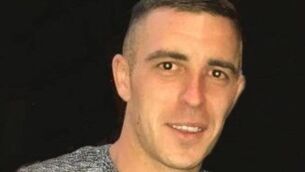Picture of happiness
The seven-year-old has gone through the trauma of three separate bone marrow operations so the boys’ rare disease could be treated.
Because of her courage, Ciara was named Young Irish People of the Year. As her father Ben said, it’s a horror story in one sense and incredible in another.













